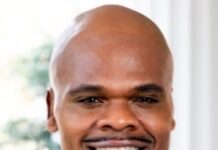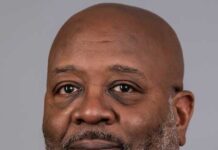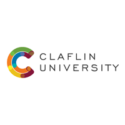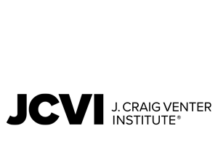 Four students at historically Black Fayetteville State University in North Carolina have won the Venture Challenge Annual Business Plan Competition administered by the Opportunity Funding Corporation. The students developed a coating that placed on a cellphone uses heat from a person’s hand to electrically charge the device. The patent for the coating is held by Daryush Ila, associate vice chancellor for research at Fayetteville State University. If the students can successfully market the product, Dr. Ila, the university, and the four students would all get part of the profits.
Four students at historically Black Fayetteville State University in North Carolina have won the Venture Challenge Annual Business Plan Competition administered by the Opportunity Funding Corporation. The students developed a coating that placed on a cellphone uses heat from a person’s hand to electrically charge the device. The patent for the coating is held by Daryush Ila, associate vice chancellor for research at Fayetteville State University. If the students can successfully market the product, Dr. Ila, the university, and the four students would all get part of the profits.
The technology could also be used on other devices such as laptop and tablet computers and music players. The coating could also be applied to automobiles to boost fuel efficiency. Even houses or other buildings could potentially be coated and produce electricity through heat.











